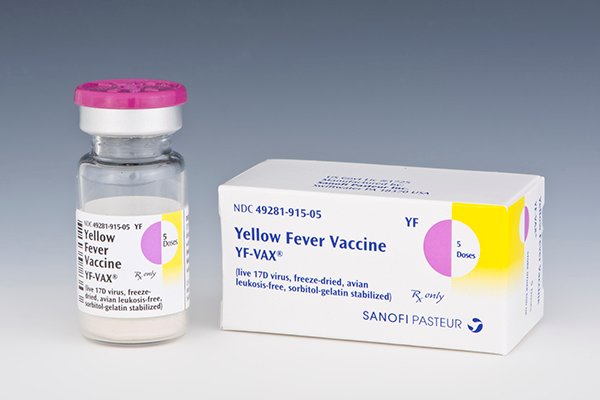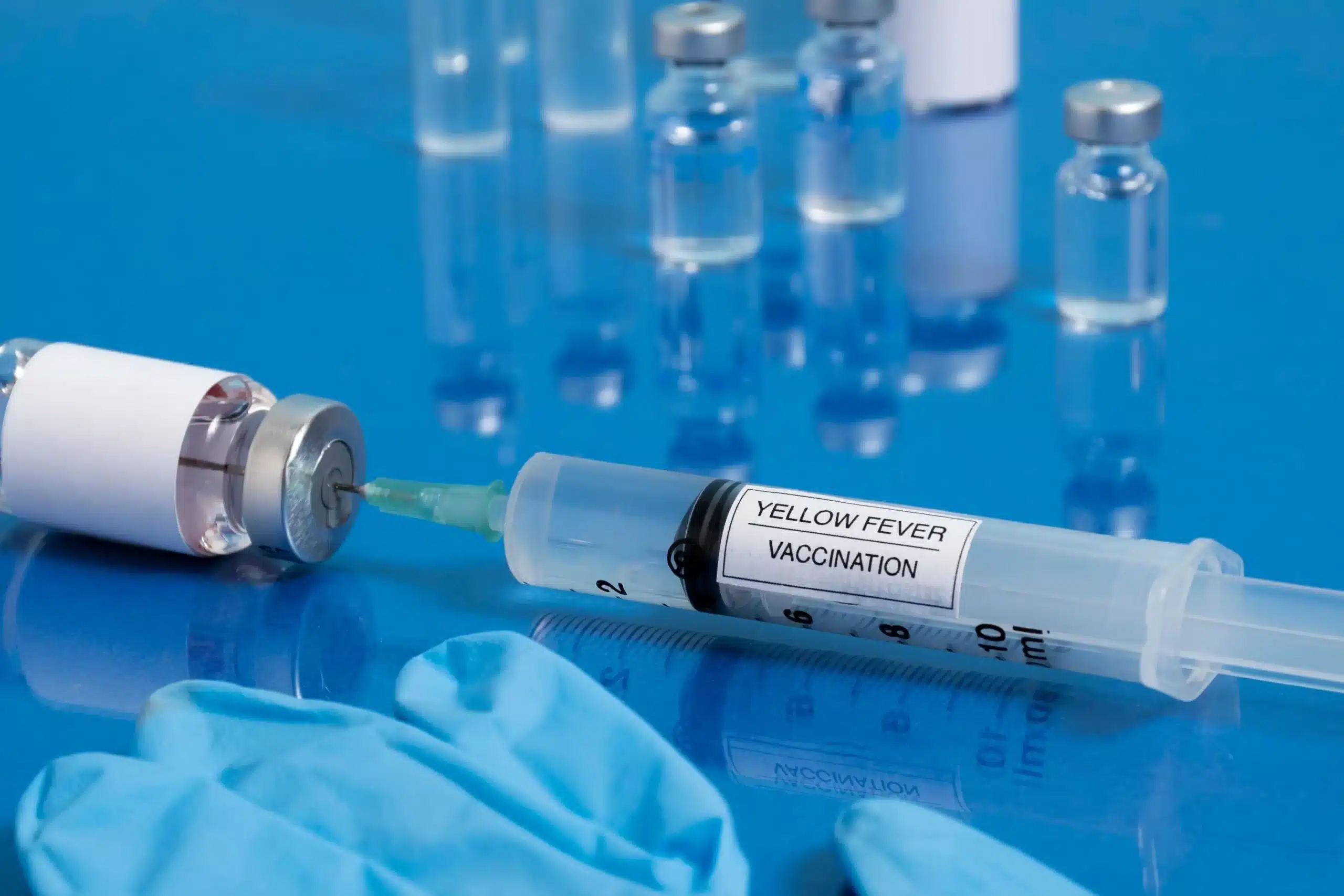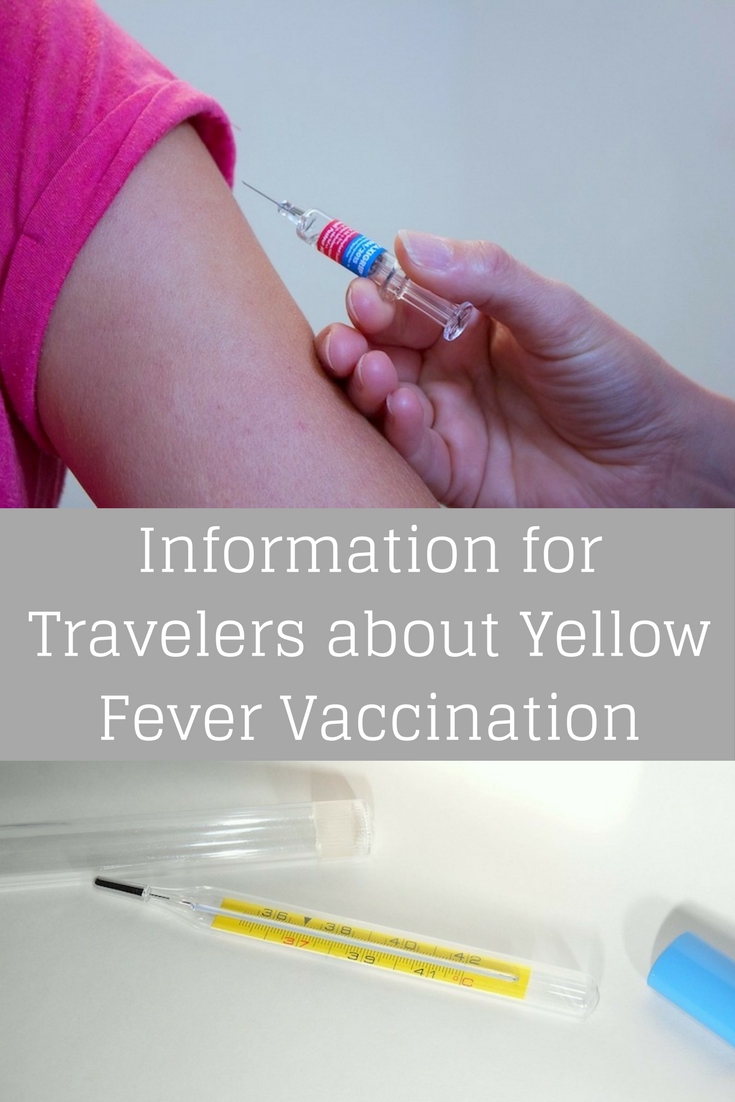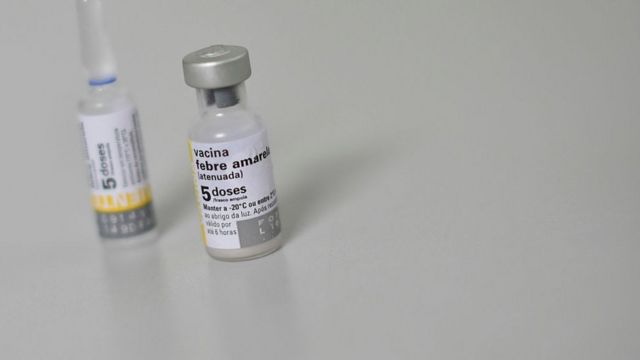
Yellow fever is a serious disease caused by a virus that is spread through the bite of an infected mosquito. It is a significant public health concern in certain parts of the world, particularly in Africa and South America. The yellow fever vaccine is a highly effective way to prevent the disease, and it is an essential tool for travelers and individuals living in areas where the disease is common. In this article, we will discuss the yellow fever vaccine, its benefits, and what you need to know about getting vaccinated, as recommended by
Kaiser Permanente.
What is Yellow Fever?
Yellow fever is a viral disease that is transmitted through the bite of an infected mosquito. The disease is characterized by symptoms such as fever, chills, loss of appetite, nausea, muscle pains, and headaches. In severe cases, yellow fever can cause bleeding, shock, and organ failure, which can be fatal. According to the
World Health Organization (WHO), there are an estimated 200,000 cases of yellow fever reported each year, resulting in 30,000 deaths.
Who Needs the Yellow Fever Vaccine?
The yellow fever vaccine is recommended for individuals who are traveling to or living in areas where the disease is common. This includes countries in Africa and South America, such as Brazil, Peru, and Nigeria. The vaccine is also recommended for laboratory workers who handle the virus, and for people who are traveling to areas where there is a high risk of transmission.
Benefits of the Yellow Fever Vaccine
The yellow fever vaccine is a highly effective way to prevent the disease. The vaccine provides lifelong protection against yellow fever, and it is estimated to be 99% effective in preventing the disease. The vaccine is also safe and well-tolerated, with few side effects. According to
Centers for Disease Control and Prevention (CDC), the vaccine is recommended for individuals who are 9 months or older.
How to Get Vaccinated
To get vaccinated against yellow fever, you should visit a healthcare provider who is authorized to administer the vaccine. The vaccine is typically given in a single dose, and it is recommended to be vaccinated at least 10 days before traveling to an area where the disease is common. You can find a list of authorized healthcare providers on the
Kaiser Permanente website.
Prevention and Precautions
In addition to getting vaccinated, there are several precautions you can take to prevent yellow fever. These include:
Avoiding areas where mosquitoes are common
Wearing protective clothing, such as long-sleeved shirts and pants
Using insect repellent
Staying in air-conditioned or screened rooms
Yellow fever is a serious disease that can be prevented with vaccination. The yellow fever vaccine is a highly effective way to prevent the disease, and it is an essential tool for travelers and individuals living in areas where the disease is common. By getting vaccinated and taking precautions, you can protect yourself against yellow fever and stay healthy. If you are planning to travel to an area where yellow fever is common, consult with your healthcare provider to determine if the vaccine is right for you. With the right precautions and vaccination, you can enjoy your travels while staying safe and healthy.
Note: The article is written in HTML format with headings, links, and paragraphs to make it SEO-friendly. The content is based on general information about yellow fever and the vaccine, and it is not intended to be a substitute for professional medical advice.









